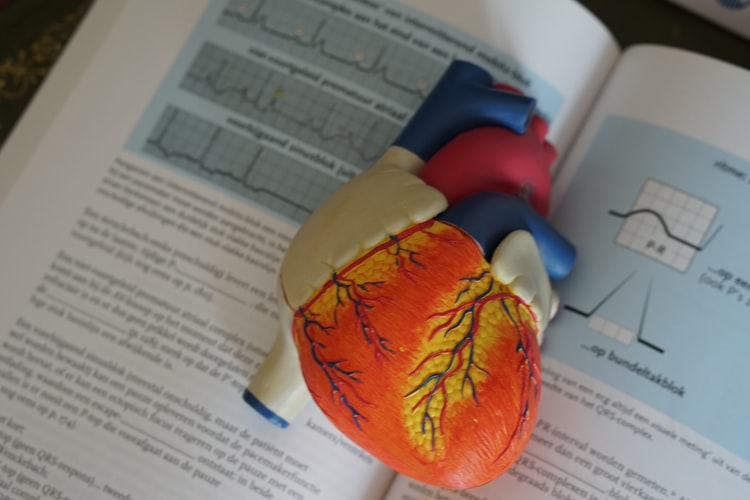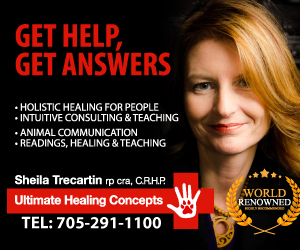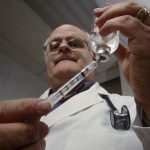Diana Gifford-Jones: You were seventy-four when a coronary attack nearly killed you. A short time later you had a coronary bypass. Readers often ask what you have done to prevent another coronary for so long?
W. Gifford-Jones, MD: I have no single answer. I’m convinced it’s been a combination of factors.
Diana: What’s your personal routine for heart health?
G-J: I was lucky to interview Dr. Linus Pauling years ago. He believed that heart disease is partially due to a deficiency of vitamin C. This causes microscopic cracks in the inner lining of arteries. A blood clot results in the possibility of death. I didn’t want to pop handfuls of vitamin C tablets, so I formulated Medi-C Plus, a powder form of C in combination with lysine, and I’ve been taking 10,000 milligrams (mg) for 24 years without using cholesterol-lowering drugs. Many doctors disagree with my approach. Even if doctors insist on CLDs, adding vitamin C in combination with lysine is a good idea. Since vitamin C is water soluble and therefore lost in urination, it should ideally be taken three times a day.
Diana: Should everyone be taking such a high dose?
G-J: Only those who have suffered heart attack or are at high risk. For others, 2,000 mg twice a day is a good prevention strategy. Why? Because long-term high doses of C keep the inner lining of arteries “rubbery” and help prevent the build up of blockages. If high doses of C result in diarrhea, cut back on the dosage, as bowel tolerance varies from person to person. Be patient to find the right balance. Remember, it’s better to sit on the toilet than to lie under a tombstone.
Diana: Dr. Sydney Bush, a U.K. ophthalmologist, showed that over many years of use, high doses of vitamin C reversed hardening of arteries. Sample retinal images of his patients are posted on our website. What else do you take to protect your health?
G-J: I take 500 mg daily of magnesium – nature’s natural vasodilator that helps to expand arteries. Narrowed arteries cause a lack of oxygenated blood to various organs creating a pile of trouble such as Type 2 diabetes, all its complications, and eventually coronary attack.
Diana: You’ve also been taking one tablet of NEO40 daily for years. Why?
G-J: Nitric oxide is produced by the inner lining of arteries, but production gradually decreases with age. I take NEO40 to keep arteries healthy and decrease my risk of another coronary attack.
Diana: Any others?
G-J: Actually, several more. I take natural vitamin E. I recall a 70-year-old patient who stopped playing tennis due to leg pain from poor circulation. After supplementing with 1,200 mg a day he was back playing tennis in two months. Vitamin E increases the oxygenation of blood cells.
Diana: You and I recently took an Omega 3 blood test revealing ratios of good and bad fatty acids in the body.
G-J: Omega 3 EPA and DHA fight inflammation while omega 6 fatty acids cause inflammation linked to heart attack. Studies show 97% of Canadians have poor ratios. A U.S study showed similar results. Researchers also found a stunning 90% of those taking fish oil supplements did not score well as they are hard to absorb. But Canadian researchers have developed a fish oil called MaxSimil contained in Certified Naturals Clinical Omega3X. It’s three times more soluble than standard fish oil supplements, and that’s why I’ve recommended it and taken it myself.
Diana: You are in your 98th year, and it’s been twenty-four years since your coronary attack. Some luck, yes. But you couldn’t have done it without a healthy heart. Keep on ticking!











